Our Approach
The founders of Google, Beyoncé, the founder of Amazon, Anne Frank, Yo Yo Ma, Julia Child, P.Diddy, and Gabriel Garcia Marquez all received a Montessori education.
In April 2011, The Wall Street Journal published an article entitled, “The Montessori Mafia” to explore the strong connection between attending a Montessori school and joining the ranks of the “creative elite.”
The Montessori approach to education spans six continents and has thrived for more than one hundred years by cultivating:
- self-direction
- independence
- confidence
- innovation
- problem-solving
- collaboration
- cultural competency
- rigorous academic achievement
- constant learning
- perseverance
- peace
In our country, there are more than 4,000 private Montessori schools helping thousands of affluent children join the creative elite.
Sadly, there are only about 400 public Montessori schools.
Montessori For All seeks to change that. We believe that the quality of our educational opportunities should not be determined by our families’ incomes and that all children deserve the chance to reach their enormous potential.
We help all children gain access to an excellent education by opening and leading high-performing, authentic, public Montessori charter schools in diverse communities across the country.
We opened our flagship campus, Magnolia Montessori For All, in the fall of 2014 in Austin, TX.
Montessori is the answer to the most salient questions in the educational reform community today:
- How do we ensure more children are equipped to excel in college?
- How do we educate the whole child?
- How do we prepare children for a future we can’t even begin to imagine?
- Pockets of schools are getting economically-disadvantaged children to college but how do we ensure that they have the knowledge, skills, and mindsets to get through college?
The consensus is that the current system has to change. With rows of desks and an emphasis on memorization, the “factory model” of education instills following directions and regurgitating facts rather than the knowledge, skills, and mindsets necessary for success in a changing world. It’s time to teach children to find and use information, not remember and retell it. It’s no wonder that 80% of students are not prepared for college.
The situation is most dire in economically-disadvantaged communities where a well-documented “pedagogy of poverty” hinders 9 out of 10 students from graduating from college and succeeding in the 21st century.
Montessori schools are different. They are full of hands-on materials to tap into the strong connection between the hand and the brain. Children learn complicated concepts first by manipulating representations with their own hands.
They use multi-age classrooms, which give all children both the chance to have mentors and the chance to be mentors. They also allow children, their families, and their teachers an opportunity to develop deep and meaningful relationships that span at least three years together.
Further, Montessori schools offer a 100% differentiated curriculum, which means that every child works at their own level in every subject. Working on their own level allows them to make more efficient and effective progress. In traditional classrooms, teachers often teach to the middle, which leaves higher-performing children feeling bored and stifled and lower-performing children feeling frustrated and demotivated.
If we want children to be truly prepared to master the demands of college, to exceed the expectations of the workplace, and to positively impact their families and communities, we have to educate their minds, bodies, and hearts. They need to practice—day in and day out—independence, self-management, critical thinking, problem-solving, collaboration, conflict resolution, and innovation—all while mastering an accelerated academic curriculum. They need to cultivate their confidence and respect for themselves, others, and the environment.
As Howard Fuller says, “Our job is not to prepare children for the 21st century; our job is to prepare children to transform the 21st century.”



